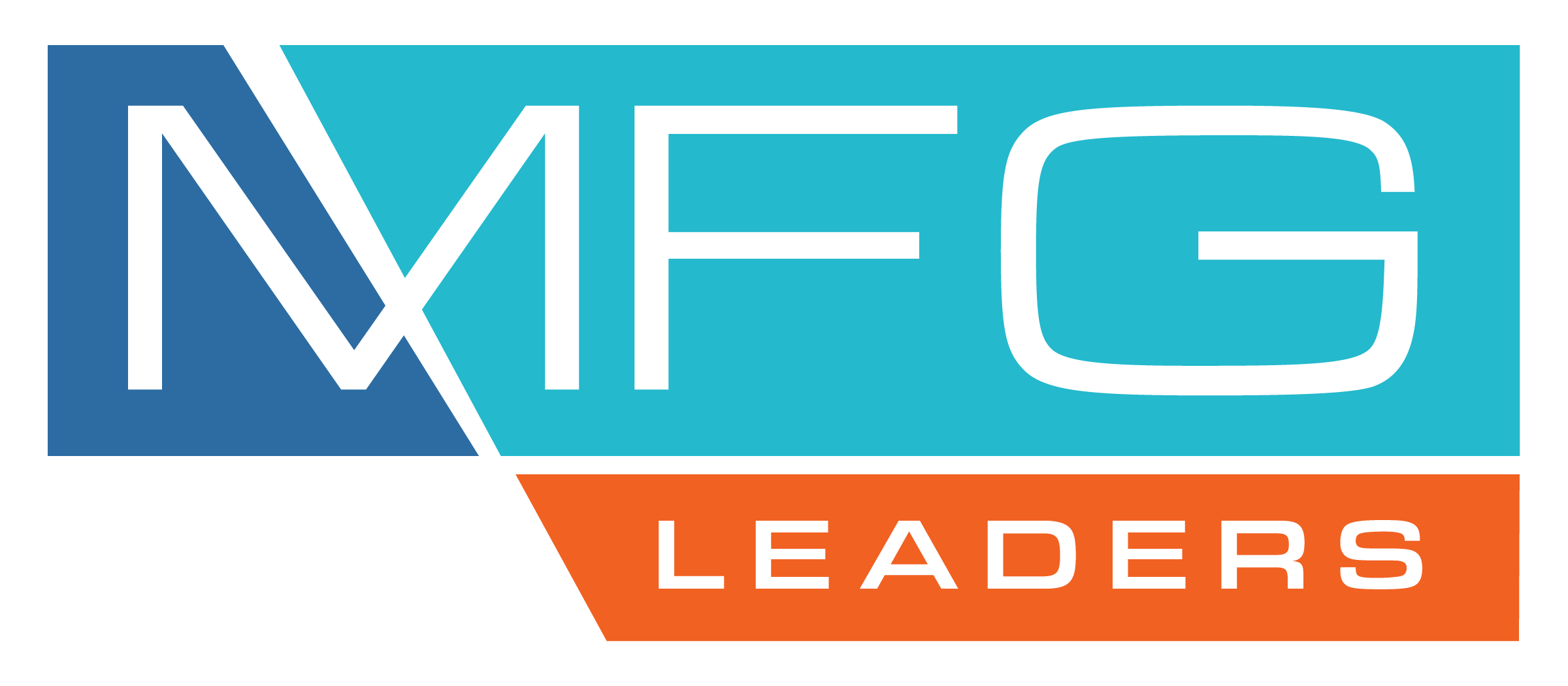How we hire people is changing, and a lot of that change is due to Artificial Intelligence (AI). AI tools like resume scanners and automated candidate matching are now hiring standards. These tools promise to make hiring easier, faster, and fairer. But there is a downside. If we rely too much on AI, we might miss out on great candidates who don't fit AI's criteria. So, we must ask ourselves: Is AI improving hiring, or are we giving it too much control?
A research study by Zippia in August of 2023 found that 35-45% of companies use AI in hiring. That number is even more significant among recruiters and Fortune 500 companies. 65% of recruiters and 99% of Fortune 500 companies use AI for hiring.
AI can make hiring faster and more efficient. It can quickly process data, screen candidates, and even set up interviews faster than any human could. It can also more accurately compare a candidate's qualifications to the job description, ensuring the candidate is a good fit. And because AI doesn't have human biases, it's considered fairer in evaluating candidates.
Electrolux is using AI in recruiting successfully. They were experiencing a severe talent shortage and needed an overhaul to their recruiting practice. Since implementing a comprehensive AI-powered platform, Electrolux has seen:
- 84% increase in application conversation
- 51% decrease in incomplete applications
- 9% decrease in time to hire
- 20% recruitment time saved using one-way interviews
- 78% time saved through AI scheduling
You can read more about Electrolux’s journey here.
Thermo-Fisher Scientific set a goal to fill 40% of its open roles internally by 2024. Read more about how they did that using AI-powered tools here.
Some highlights of their AI recruitment journey:
- An internal talent marketplace that highlights a variety of opportunities, including open job roles and learning courses
- AI-driven career pathing recommendations
- Automated campaigns to generate excitement and engagement with the platform
- A talent CRM to source internally as well as externally
More information about other companies, including Brother, Kuehene+Nagel, using AI successfully in their recruiting can be found here.
There are also problems with using AI in hiring. If we rely too much on it, we might miss out on good candidates if it misinterprets data or there is a system crash. AI can also be biased, even though it's not supposed to be, because humans create it with their own biases. There are also ethical and privacy concerns with using AI, and AI can't judge a candidate's fit with the company culture or potential for growth like a human can.
How can we use AI in hiring without falling into these traps?
· Combine AI with human judgment.
· Monitor and audit AI tools regularly for bias.
· Be transparent about how we use AI in hiring.
· Keep learning and improving our AI systems.
There have been confirmed cases where AI in hiring has gone wrong.
- IBM's Watson AI system was found to favor specific applications based on keywords, which could lead to bias.
- Amazon's AI tool was found to be biased against women.
These cases show that we need to be careful with how we use AI in hiring.
We must balance AI and human judgment in hiring. Hiring isn't just about finding someone with the right skills; it's about finding someone who fits the company culture and has growth potential. AI can help with this, but it can't do it alone. We need to keep a close eye on how we use AI in hiring to ensure it's helping, not hurting, our efforts to find the right people for our companies.
